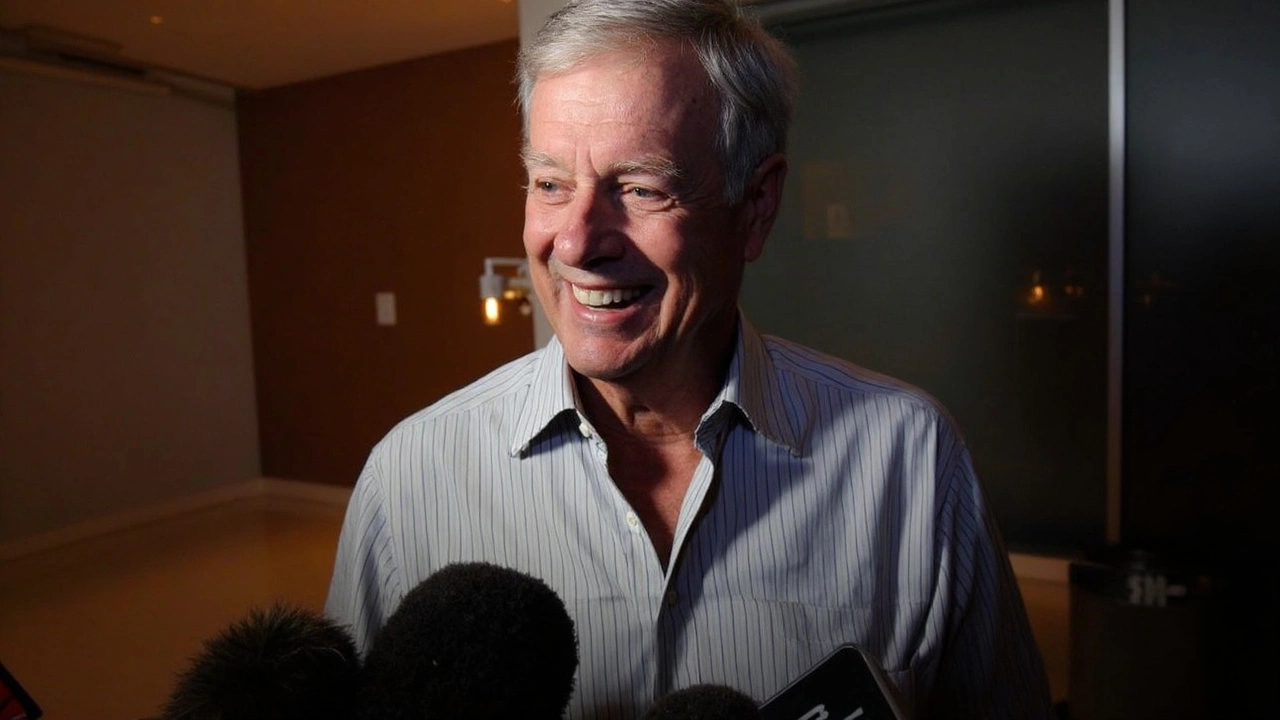Mario Vargas Llosa, the renowned Peruvian author and Nobel Prize winner, has passed away at the age of 89, leaving a significant mark on the literary world. Vargas Llosa's writing was distinguished by its probing exploration of themes like authoritarianism, violence, and machismo, rendered in his uniquely rich narrative style.
Born in Arequipa, Peru, in 1936, Vargas Llosa spent a crucial part of his early years in Bolivia before moving back to Peru when he was 10. His formative years in Peru shaped much of his writing. The experience at Lima’s Leoncio Prado Military Academy, where power dynamics and authoritarian abuse were rampant, left a lasting impact, evidenced by his first novel, The Time of the Hero. This debut work was controversial and perceived as a critique of the institution, to the extent that Peruvian generals publicly denounced it and even burned 1,000 copies at the academy.
His subsequent novels like The Green House, which delved deeper into societal power structures through complex narratives set in vibrant yet harsh settings like brothels and jungles, further solidified his status as a literary giant. Alongside contemporaries in the Latin American Boom, such as Gabriel García Márquez and Julio Cortázar, Vargas Llosa played a pivotal role in a transformative period for Latin American literature during the 1960s and 1970s.
Initially, Vargas Llosa was aligned with leftist ideologies, reflecting the dynamism and revolutionary zeal of his home continent. However, as he matured, his views shifted toward centrist politics, ultimately leading him to run for Peru's presidency in 1990. Despite losing the election, his candidacy on a pro-market platform highlighted a personal evolution, driven by disillusionment with prevailing revolutionary movements in Latin America.
The Nobel Committee recognized his contributions to literature in 2010, lauding him for his exceptional storytelling talent and his ability to reveal deeper truths about societal and political systems through his characters’ narratives. His prolific career spanned over five decades, during which he authored more than 50 books, many of which were embraced by readers and critics around the world. His works included novels and plays like The Escape of the Inca, in addition to insightful essays on culture and society. His literary corpus continued to engage with and critique the complexities of human nature and society up until his passing.





